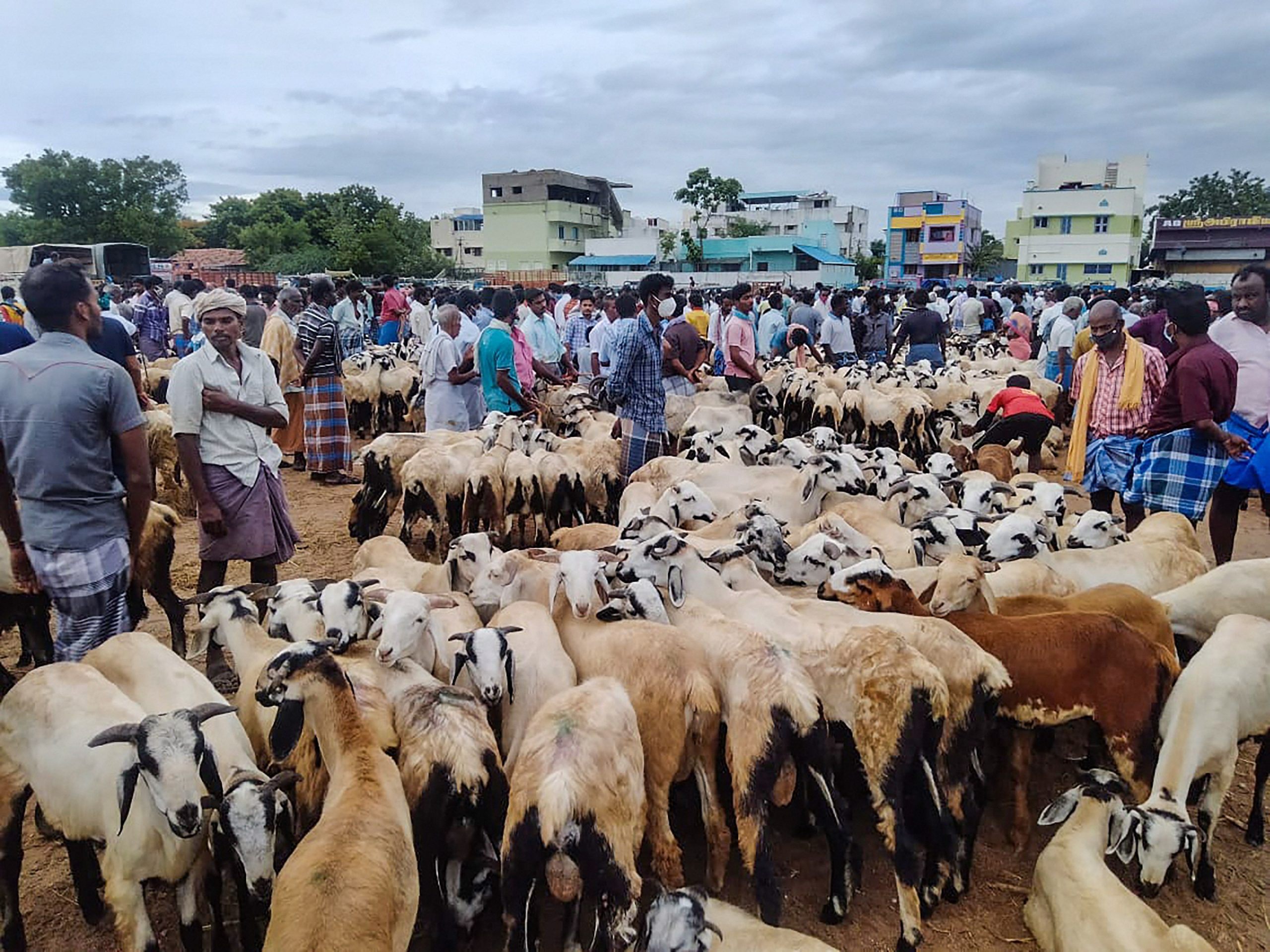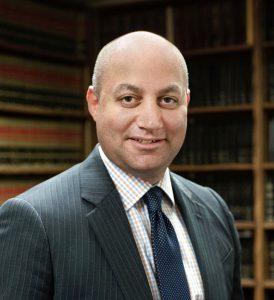Eid al-Adha will be celebrated across India on Sunday, July 10, this year. Also known as Bakrid or the ‘festival of sacrifice’, the Islamic religious festival is celebrated on the 10th day of Dhu al-Hijjah, which is the 12th month of the Islamic calendar. It is the second major festival celebrated by Muslims after Eid-al-Fitr and marks the conclusion of the annual Hajj pilgrimage in which thousands of Islamic devotees travel to the holy city of Mecca in Saudi Arabia to worship in the Ka’bah, which is the most sacred site in Islam.
History and significance –
According to Islamic beliefs, the history of the day goes back to 4,000 years ago, when Abraham or Prophet Ibrahim saw a recurring dream of Allah asking him to sacrifice what he loved the most. The Prophet decided to comply with the wishes of Allah and sacrifice his son, Ismael. Seeing his devotion, Allah sent Angel Gabriel, who stopped him from doing so.
Also Read | Eid-al-Adha 2022: 5 sugar-free desserts for the festival
She told him that God was pleased with his devotion and that he should never sacrifice a human life in the name of God. She told him that God sent a sheep to be slaughtered in place of Ismael and since then, cattle sacrifice has become a part of the celebration.
“Al-Adha” refers to sacrifice, specifically the “one in which Abraham was asked – as a test – by God to sacrifice his son, only to have God intervene and substitute a ram (or lamb) instead,” Omid Safi, professor of Islamic studies at Duke University, told USA Today.
How is Eid al-Adha celebrated in India?
The festival is celebrated with traditional fervor in India. Muslims wear new clothes and offer namaz at a mosque after the sun has completely risen. Following this, some families sacrifice sheep or goats and share the meat with other relatives. The festival also includes giving charity to the poor.







